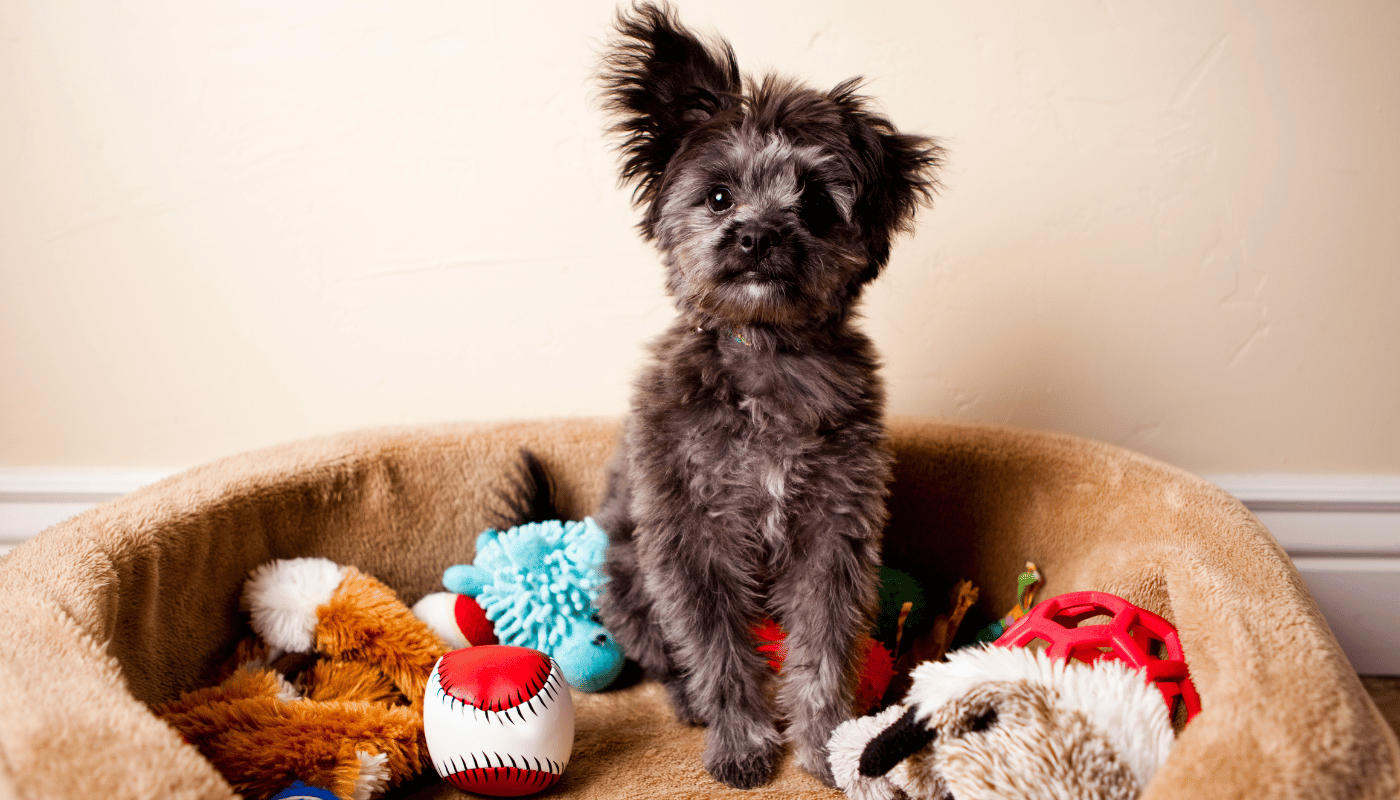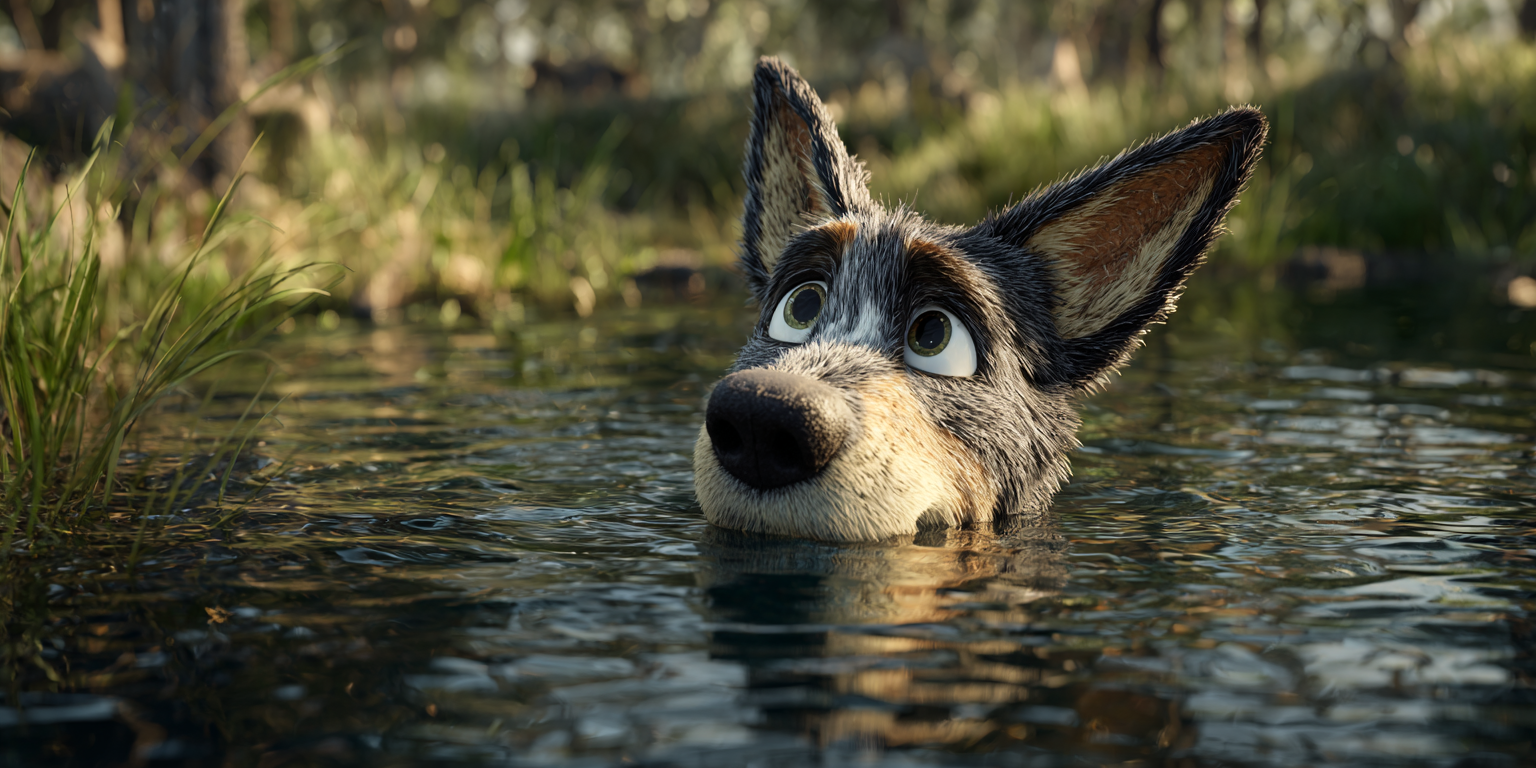The True Cost of Dog Ownership in Australia
The True Cost of Dog Ownership in Australia: What Every Pet Parent Should Know

For most Australians, dogs aren’t just pets—they’re family.
From beach walks to backyard games, they enrich our lives with loyalty, love, and companionship. But let’s be honest—while owning a dog is deeply rewarding, it’s also a significant financial commitment.
When you factor in food, vet visits, grooming, training, insurance, and accessories—not to mention the unexpected emergencies—it’s no wonder many dog owners are surprised by how quickly the bills add up.
In this detailed guide, we’ll break down the real cost of care for dogs in Australia. Whether you’re a new pet parent or a seasoned dog lover, understanding these expenses can help you plan, budget, and provide the best life for your furry friend—without the financial stress.
1. The Basics: What Does It Really Cost to Own a Dog in Australia?
According to RSPCA Australia and numerous pet care surveys, the average annual cost of owning a dog ranges from $1,500 to $5,000, depending on the breed, size, health, and lifestyle of your dog.
Here’s a breakdown of typical yearly costs:
CategoryEstimated Annual Cost (AUD)
- Food and treats$600 – $1,200
- Routine vet care$300 – $700
- Preventative treatments (flea, tick, worming)$200 – $400
- Grooming (for longer coats)$200 – $800
- Pet insurance$300 – $1,200
- Training and socialisation$100 – $600
- Toys, bedding, leads, accessories$150 – $400
- Emergency care/surgeries (unexpected)$500 – $5,000+
The reality? It’s not the day-to-day costs that sting—it’s the sudden, unpredictable expenses that can catch owners off guard.
2. Food and Nutrition: More Than Just Kibble
Feeding your dog isn’t just about filling a bowl—it's about keeping them healthy.
Costs to Consider:
- Premium dog food: Especially important for dogs with allergies or sensitive stomachs.
- Special diets: Some breeds or health conditions require prescription food, which can cost double or triple standard brands.
- Supplements: Joint support, probiotics, or skin health supplements can add another $20–$80 per month.
Monthly Estimate:
- Small dog: $50–$70
- Medium dog: $70–$100
- Large dog: $100–$150+
Tip for Aussies: Buying in bulk from local pet suppliers or joining subscription food delivery services like Scratch or PetCircle can save you money and time.
3. Vet Visits: Routine Care vs. Emergency Costs
Routine vet care includes annual health checks, vaccinations, and general preventative care. But vet bills can rise quickly when your dog gets sick or injured.
Typical Annual Vet Costs:
- Vaccinations: $90–$150
- Desexing: $200–$500 (one-time)
- Dental cleaning: $400–$800
- Parasite prevention: $200–$400
Common Emergency Costs:
- X-rays: $200–$500
- Surgery (e.g. torn ligament, foreign object): $1,500–$6,000
- Hospitalisation: $500+ per night
- Cancer treatment or chronic illness management: Thousands per year
Real Example: A Labrador who eats a sock and needs surgery to remove it might rack up a $3,000+ bill in 24 hours.
4. Grooming: It's Not Just About Looking Cute
Depending on your dog’s coat, grooming can be a basic home task or a professional necessity.
Breeds That Require Regular Grooming:
- Poodles and poodle crosses (e.g. Cavoodles, Groodles)
- Shih Tzus
- Schnauzers
- Maltese
- Spaniels
Grooming Services in Australia:
- Bath and tidy: $50–$80
- Full clip and style: $70–$150
- Nail trimming, ear cleaning: $10–$30
Frequency: Every 4–8 weeks for high-maintenance breeds.
Annual estimate: $200–$800+, depending on frequency and coat type.
Tip: Learning basic brushing and maintenance at home between professional grooms can extend the time between appointments.
5. Pet Insurance: Safety Net or Extra Expense?
Pet insurance has grown rapidly in Australia, with more owners seeking peace of mind for unexpected health costs.
What It Typically Covers:
- Accidents and emergencies
- Surgery and hospitalisation
- Medications
- Chronic illnesses
- Some dental procedures
What’s Often Excluded:
- Pre-existing conditions
- Routine care (unless added)
- Some hereditary conditions
Monthly Premiums:
- Basic Accident Cover: $20–$40
- Comprehensive Cover: $50–$100+
Over a dog’s lifetime, insurance could cost $5,000–$10,000—but a single emergency surgery can easily cost that much.
Alternative: Some owners choose to create a dedicated pet savings account, setting aside money each month to build an emergency buffer.
6. Training and Behaviour: Investing in Good Manners
Training is essential, especially during puppyhood—but even older dogs may need help with behaviour or socialisation.
Training Costs:
- Puppy preschool (4–6 weeks): $100–$250
- Group obedience classes: $150–$400
- Private trainer sessions: $80–$150 per hour
- Behaviourists (for anxiety or aggression): $300+ per consultation
Dogs that aren’t properly trained can develop destructive behaviours, anxiety, or aggression—leading to more costs down the line.
Tip: Many local councils and RSPCA branches offer affordable group classes.
7. Toys, Bedding, and Accessories: It Adds Up
You don’t have to spoil your dog—but let’s face it, we often do.
And it adds up.
Essentials:
- Leads and collars: $30–$100
- Bed or crate: $50–$200
- Toys: $10–$30 each (and often destroyed quickly!)
- Bowls, brushes, poo bags, car restraints
Many Aussies are now investing in orthopaedic beds, cooling mats for summer, or anxiety-reducing toys like snuffle mats and Kongs.
Yearly estimate: $150–$400
8. The Shock Factor: Emergency Surgeries and Unexpected Treatments
The biggest financial strain?
Sudden, unavoidable emergencies.
Common Shocks:
- Dog fights and resulting injuries
- Ingestion of foreign objects or toxins
- Snake bites (particularly in rural and suburban Australia)
- Tick paralysis
- ACL injuries (common in active dogs like Kelpies and Labs)
- Dental extractions and abscesses
These emergencies often come without warning and can cost anywhere from $1,000 to over $10,000 depending on severity.
Lifetime Costs of Owning a Dog in Australia
If your dog lives 12–15 years (as many do), here’s a conservative lifetime estimate:
| Expense Category | Total Over Lifetime (AUD) |
|---|---|
| Food & Treats | $10,000 - $18,000 |
| Routine Vet Care | $4,000 - $10,000 |
| Insurance or Emergency Fund | $5,000 - $15,000 |
| Grooming | $2,000 - $6,000 |
| Accessories & Toys | $1,500 - $4,000 |
| Training & Behaviour | $500 - $3,000 |
Total Lifetime Cost: $25,000 – $55,000+
This doesn’t even include boarding during holidays, advanced medical treatments, or premium food and enrichment products.
Ways to Save Without Sacrificing Care
- Buy in bulk: Pet food, parasite treatments, and accessories are often cheaper in bulk.
- Use subscription services: Some offer discounts and auto-delivery perks.
- DIY grooming: Learn to trim nails, brush coats, and clean ears at home.
- Compare insurance: Use platforms like Canstar or Finder to find the best policy.
- Preventative care: Keep vaccinations, parasite prevention, and check-ups up to date to avoid costly complications.
- Look for local deals: Vets, councils, and community groups often offer discounted desexing or training.
The Emotional ROI: Worth Every Cent?
Yes, the costs can be high—but the value of companionship, loyalty, and unconditional love is priceless.
Most dog owners say they wouldn’t trade their furry friend for anything, even if they’ve faced financial hurdles along the way.
Dogs improve mental health, reduce loneliness, encourage physical activity, and bring joy to everyday life. For many Australians, the emotional return far outweighs the financial cost.
Final Thoughts: Be Prepared, Not Surprised
Dogs enrich our lives in immeasurable ways—but they also come with real, recurring, and sometimes unexpected expenses.
Understanding the true cost of care helps you plan wisely, avoid financial shocks, and ensure your dog gets the best possible life.
So before you adopt, foster, or buy that adorable puppy, take a moment to plan your budget, explore insurance, and create an emergency fund. You’ll thank yourself—and your dog will too.
Because being a great dog owner isn’t just about love and loyalty—it’s about being financially ready to care for them, rain, hail, or emergency surgery.




